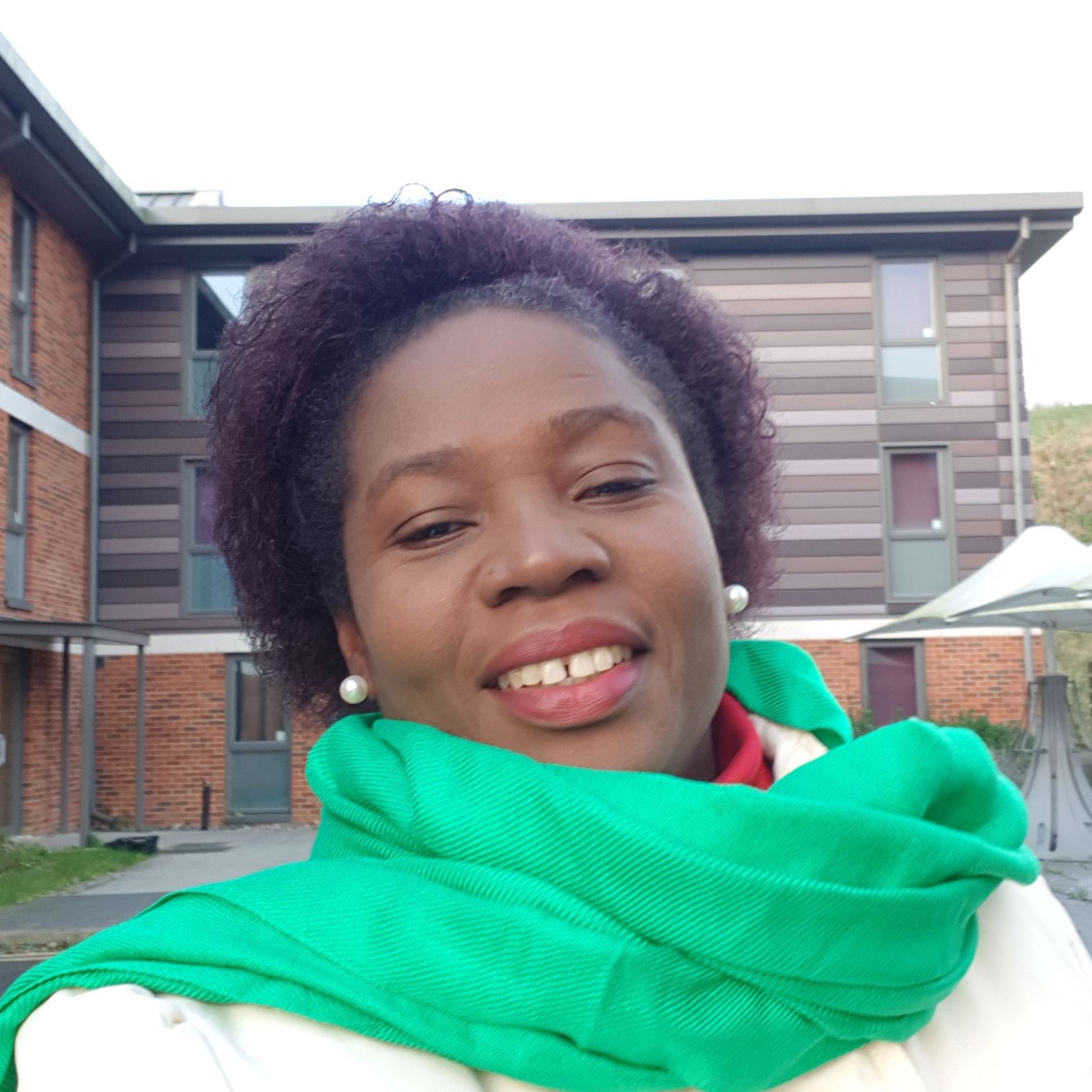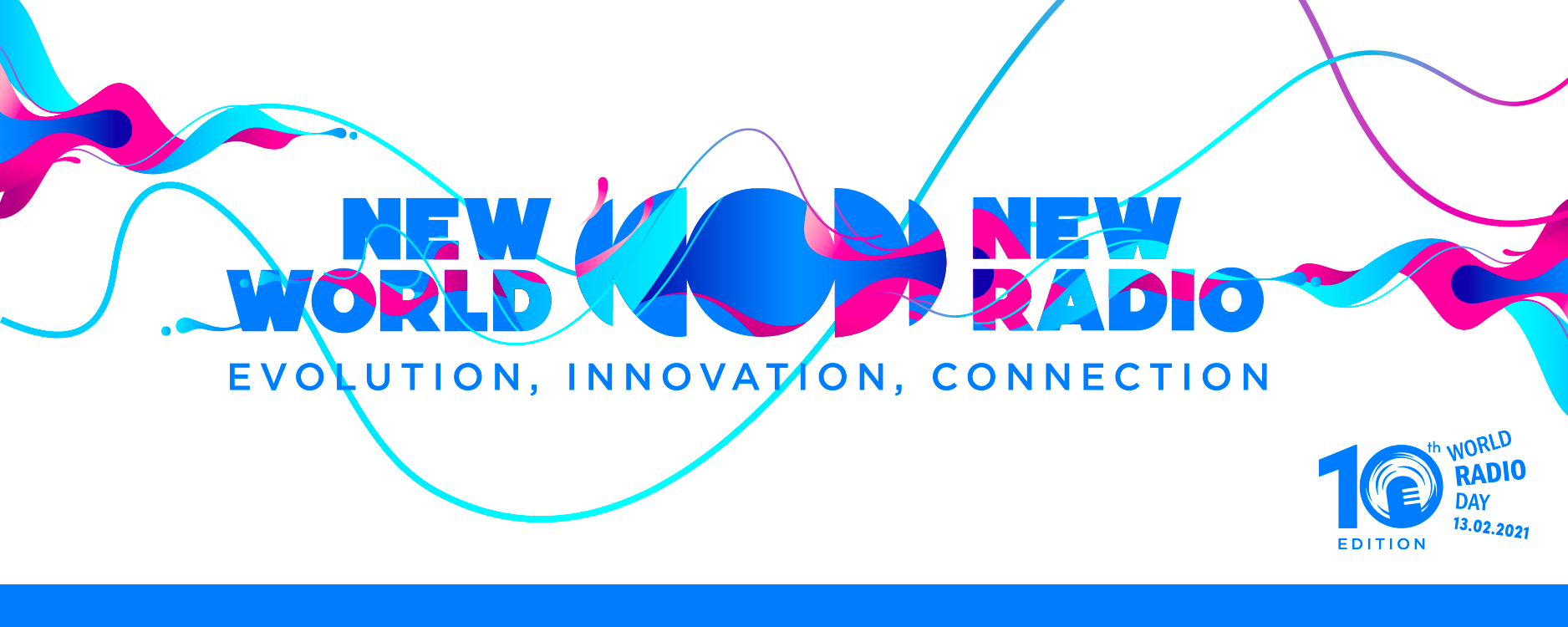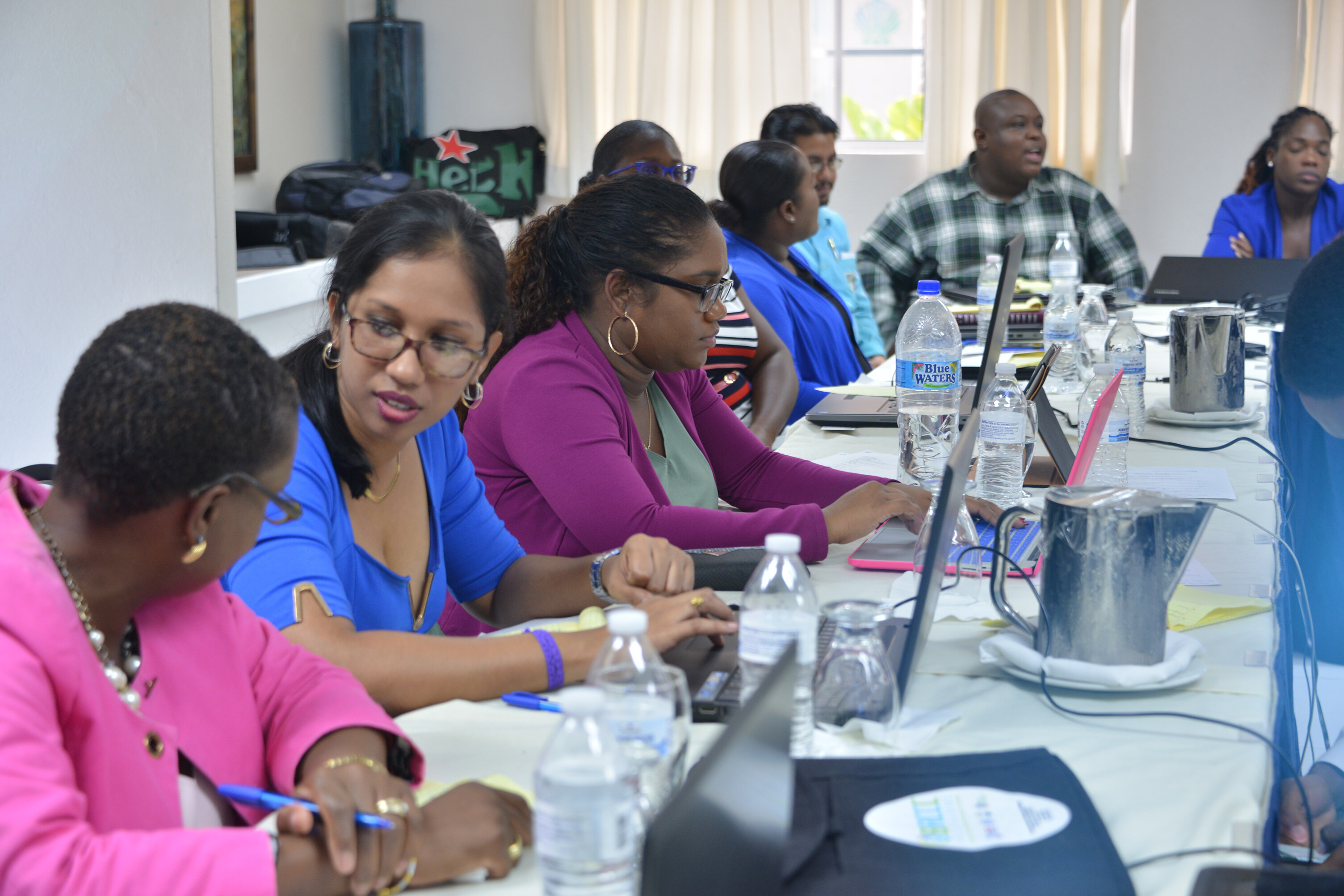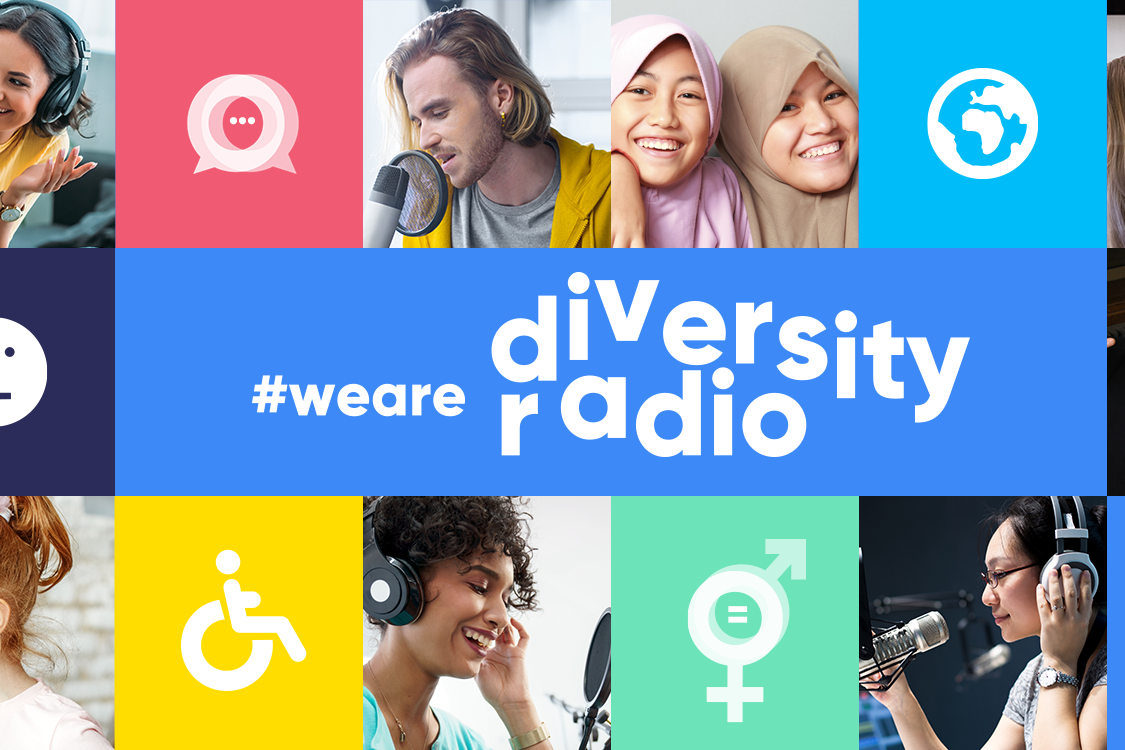World Radio Day 2021
Radio Remains Resilient: Evolution. Innovation. Connection.
UNESCO could not have chosen more apt themes to celebrate the 10th edition of World Radio Day.
Public Media Alliance (PMA) members demonstrate the power of radio on a daily basis. Despite technological advancements bringing a greater choice of programmes and channels across multiple platforms, surveys show that radio continues to be the most accessible medium worldwide. It also remains the most trusted and influential medium in many regions.
The power of radio has been no better demonstrated than during the COVID-19 pandemic where it has helped citizens worldwide to keep informed with the latest information. As an audio medium it is great for the mind, it allows you to stretch and exercise your imagination like no other medium can. Radio is also superb at helping people feel connected at a time when many have felt – and continue to feel – isolated.
Yet the pandemic has also brought with it many challenges for public radio. Not only have broadcasters had to rapidly adapt to working from home and the new safety implications of reporting from the field, but they have also had to grapple with the impact of COVID-19 on amplifying some of the threats that have long faced public media. These include financial pressures from declining advertising and squeezed funding, political interference, and the shear strain on resources of covering a global pandemic while maintaining diverse coverage and tackling disinformation.
But despite these challenges, what remains clear is that, during a time of crisis, radio remains resilient. Listenership continues to rise around the world in what is a testament to the medium’s accessibility, flexibility and its ability to evolve, innovate and connect with audiences.
With this in mind, PMA have decided to showcase just some of the many radio initiatives that have emerged in response to an unprecedented situation and demonstrate the capacity of radio to fulfil a public good in times of crisis.
Special Broadcasting Service (SBS)
Multilingual content and citizen engagement
Many of PMA’s radio members have adapted to the reality of COVID-19 in unique ways that are appropriate to diverse audience needs. For SBS, this means reaching the breadth of Australia’s society. The public broadcaster has long been renowned for being the ‘world’s most multilingual public broadcasting service’, placing diversity and inclusion at the heart of its strategy`.
In March 2020, SBS led the way in launching a multilingual coronavirus portal in 63 languages for citizens who speak a language other than English (LOTE). While the portal provides a useful hub for multilingual infographics and factsheets, the broadcaster’s efforts to include in-language health experts in its audio content have contributed to significant audience growth, with over 12million plays and podcast downloads in March and April 2020.
On a more personal level, SBS has started to introduce audiograms across its in-language social media channels. The audiograms showcase individual and community views on pertinent issues and encourage broader inclusion. The clip below features Mandarin speakers in Melbourne talking about their plans post-lockdown.
SBS also launched a multimedia storytelling project via its series, The Feed, which asked people in isolation to capture how they were feeling and individually affected by the COVID-19 pandemic. The project offered an “oddly unifying” collection of user-generated stories of hope, humour and resilience.
CBC/Radio-Canada
Connecting Canadians and supporting local content creators
Like SBS, multilingualism is at the heart of Canada’s public broadcaster, CBC/Radio-Canada, which is mandated to offer a vast network of radio and audio services to connect audiences with local, regional and national programming that reflects the country. “At no time is that more important than in times of crisis”, CBC/Radio-Canada told the Public Media Alliance.
Both CBC Radio One and Radio-Canada’s ICI PREMIÈRE responded to the onset of the COVID-19 pandemic by modifying their content and schedules to ensure all Canadians had access to essential news and information. CBC Radio’s flagship morning current affairs programme, The Current, was extended by two hours and explored the socio-economic impacts of the new coronavirus on the everyday lives of Canadians. And, like many broadcasters, CBC/Radio-Canada staff embraced the challenge of adapting to and finding innovative ways of broadcasting remotely, be that outside or in their homes, demonstrating the power and resilience of radio during a time of crisis.
As a CBC/Radio-Canada spokesperson explained: “Radio and Audio plays a critical role in an event such as a global pandemic and it is able to reach people whether on a terrestrial device at home or in vehicles, or on the go via their mobile phone.”
In fact, with one-in-three Canadians listening to CBC Radio, there was a real opportunity for the public broadcaster to find innovative ways to unify and connect with listeners during the pandemic, particularly through entertainment.
In April 2020, CBC Music launched ‘The Great Canadian Singalong’ – a country-wide, musical project produced by and for all Canadians. Audiences were asked to vote on the “best homegrown song to bring Canadians together.”
Lost Together by Blue Rodeo was chosen, and hundreds of Canadians submitted self-recorded videos of their rendition, which was then compiled into a national sing-along. French-language service, Radio-Canada, used their ICI MUSIQUE platform to organise a sing-along for Mother’s Day 2020. During lockdown, audiences were encouraged to join in on a chorus of songs as part of a 90-minute Mother’s Day special.
Together with CBC Radio One, CBC Music also supported the Canadian music industry by broadcasting music created by Canadian artists during lockdown. The segments were dubbed ‘Quarantunes’ and aimed to tell “Canada’s COVID-19 story through music.”
Innovative podcasts were also commissioned to support playwrights and actors who lost work due to the pandemic while also giving audiences an opportunity to experience compelling theatre from home amid closures, such as Radio-Canada’s “Confines, mais ensemble” (“Confined, but together”). Directed by Marie-Michèle Giguère and Cédric Chabue, the episodes captured the struggles, anxieties and reasons for staying hopeful for family life under lockdown. New performances from across Canada were readily available via its OHDio service.
Radio Turks and Caicos
Collaboration – “Ask the Doctor”
From Canadian theatre to local health reporting in Turks and Caicos, where radio has not only been essential in unifying the population with critical updates but also connecting them with public services and vital health information.
As the COVID-19 pandemic continued to spread across the world, it soon became clear to broadcasters and media practitioners that they needed to hone their health reporting skills and turn to experts for credible sources of information.
Since the start of the pandemic, the national radio station of the Turks and Caicos Islands, RTC, partnered with the island’s medical team to launch a new weekly radio show, ‘Ask the Doctor’, where medical experts were invited onto the show to explain and answer questions posed by listeners.
RTC launched other weekly live radio shows such as ‘Financially Speaking’, which provides analysis on the economic fallouts of the pandemic.
From airport and school closures to reporting the first case of COVID-19 on the island, breaking news updates were also shared across all RTC’s social media accounts to ensure that islanders continued to be well-informed.
BBC
Staying connected through local radio
The personability of radio has also been demonstrated by the world’s largest public broadcaster.
Throughout the COVID-19 pandemic, the BBC’s ‘Make a Difference’ campaign demonstrated the social value of public radio as a trusted companion, taking on various roles as “the friend, agony aunt and shoulder to lean on for many listeners throughout the Covid-19 pandemic.”
Most recently, BBC Sounds has released audio content about mental health and wellbeing, including tips and advice on happiness, mindfulness and motivation and soothing sounds, as part of the broadcaster’s new, cross-platform mental health initiative, ‘Headroom’. The initiative aims to help audiences cope with life pressures during and beyond lockdown.
BBC launches Headroom – programming and content on mental health – to help everyone cope with the challenges of lockdown: https://t.co/CrlVfhROq7 pic.twitter.com/P3tgH2kucR
— BBC Press Office (@bbcpress) February 11, 2021
The corporation has also been a vital resource for connecting offline audiences too. At the start of the first UK lockdown in 2020, local BBC radio stations coordinated with volunteer groups to donate free DAB radios to over 70s to ensure that those without access to the internet remained informed and connected during the COVID-19 pandemic. The ‘Make a Difference’ campaign was relaunched at the start of 2021 to donate laptops to children as a response to the digital divide as schools remained shut. Chris Burns, Head of BBC Local Radio, commented:
“Community is at the heart of everything we do across local BBC radio and I am so proud that our teams are once again uniting communities through this fantastic initiative.”
As part of their proactive response to lockdowns in the UK, the BBC’s radio services have also worked in tandem with its virtual Bitesize educational offers online and on TV. Elsewhere, BBC Radio 4 commissioned special COVID-19 programmes to share in-depth analyses about the social, economic and ethical impacts of the pandemic on society and livelihoods
Yet BBC Radio has not only helped to keep the UK population informed but – like SBS and CBC/Radio-Canada – has also offered a sense of comfort and escapism during a time of uncertainty. BBC Radio 4 delved back into “the richest radio archive in the world” to provide many much-loved classic comedy and drama programmes, many of which are available via the BBC Sounds app. Meanwhile, BBC Radio Scotland’s ‘Out of Doors’ programme expertly brought the natural wonders of the Scottish outdoors, and the wider world, into listeners homes.
Grenada Broadcasting Network (GBN)
“Radio remains relevant”
Adapting to the changing needs of audiences is critical if broadcasters are to remain relevant in an evolving media landscape. While adaptation often involves risks, it doesn’t always require radical innovation to earn the trust and ears of the national population.
Odette Campbell, Managing Director of GBN, shared her unique insights with PMA (right) on how GBN adapted programming on a youth-oriented music and entertainment station to provide news and information about the COVID-19 pandemic, air press conferences and report live updates from the government. While this could have been a risk if not executed well, the decision resulted in positive support from the audience, and the radio station soon became a dominant source of information about COVID-19 across Grenada.

Odette Campbell speaks about the continued relevance of radio
As these initiatives have illustrated, radio can have a unique ability to reach and unify all sectors of society by being used to tell the stories of, and celebrate, our shared humanity, even during a global pandemic.
Its ability to evolve, innovate and connect in the face of a crisis speaks volumes for why it remains the ultimate companion anytime, anywhere. Radio has continued to play a pivotal role in society for over 110 years, and it will no doubt prove itself beyond COVID-19, time and time again.
Header Image: Microphone in radio studio stock photo. Credit: avdyachenko/iStock
Related Posts
2nd February 2021
UNESCO’S IPDC supports two COVID-related projects in partnership with the Public Media Alliance
Work in favour of public service…
23rd September 2020
Call Out: COVID-19 compounds risks to public media and their critical role in democracy
Independent public media and public…



